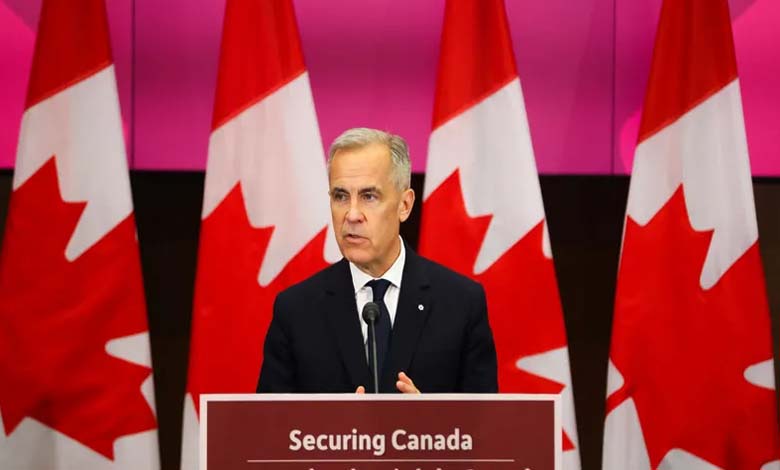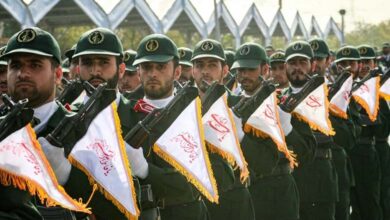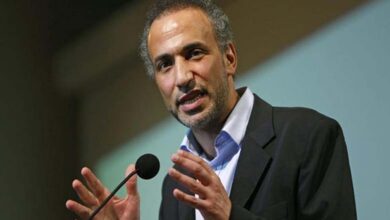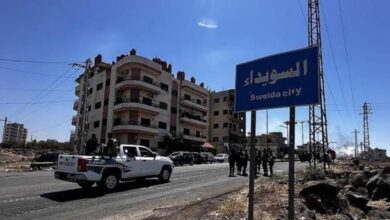Canada follows European countries in move to recognize State of Palestine

Washington and Tel Aviv criticize Ottawa’s shift, claiming it empowers Hamas and undermines efforts to achieve a ceasefire in Gaza.
-
France Clarifies: Our Recognition of Palestine Shows Hamas Is Wrong
-
Slovenia Becomes Fourth European Country to Recognize Palestine Amid Gaza War
Canadian Prime Minister Mark Carney announced that his country “intends” to recognize the State of Palestine during the 80th session of the United Nations General Assembly in September 2025 in New York—a decision quickly condemned by Israel and hailed by Palestinian President Mahmoud Abbas as “historic.”
Speaking at a press conference in Ottawa, Carney explained that the decision stems from Canada’s longstanding commitment to a two-state solution as the only viable resolution to the decades-old Israeli-Palestinian conflict. However, he warned, “this opportunity for a two-state solution is slipping away before our eyes.”
-
Palestine: Hanan Ashrawi resigns and appeals for political reforms
-
UAE – An historical and a humanitarian support to Palestine
He emphasized that Canada’s decision is contingent upon significant reforms by the Palestinian Authority, including the commitment to hold general elections in 2026 and to refrain from militarizing a future Palestinian state.
Carney noted that Canada has traditionally supported the creation of a Palestinian state through a peace process based on negotiations between the Israeli government and the Palestinian Authority. But he acknowledged that this approach is no longer sustainable, condemning “Hamas terrorism” and its ongoing refusal to recognize Israel’s right to exist.
-
UAE’s call for peace: An arab appeal to protect innocents in Palestine
-
Armenia Becomes Fifth Country to Recognize Palestine Since the Outbreak of the Gaza War
He also criticized Israel’s “persistent failure to prevent a humanitarian catastrophe in Gaza” and condemned the expansion of settlements in the occupied West Bank and East Jerusalem—territories considered illegally annexed by the international community.
Canada thus joins France and the United Kingdom, both of which recently announced their own plans to recognize Palestinian statehood during the upcoming UN General Assembly.
-
Palestine would send again its ambassadors to the United Arab Emirates and Bahrain
-
The President of Palestine forbid aggressive statements towards Arab heads including UAE
President Abbas welcomed Canada’s decision, saying it would “enhance peace, stability, and security in the region.” According to the official Palestinian news agency WAFA, Abbas called the move “a courageous stance at a critical historical juncture to rescue the internationally supported two-state solution.”
Israel’s Foreign Ministry issued a sharp rebuke, stating that the shift in Canadian policy amounts to “a reward for Hamas” and “undermines ongoing efforts to reach a ceasefire in Gaza and secure the release of hostages.”
-
UN conference on two-state solution convenes without the US and Israel
-
Caravan of Resistance Returns to Misrata After Being Halted in Sirte
Former U.S. President Donald Trump also criticized the decision, warning it would complicate trade negotiations with Canada. On his Truth Social platform, he wrote, “Canada just announced they support a Palestinian state. That will make a trade deal with them very difficult!”
France praised Carney’s move, stating it would continue its diplomatic efforts to rally additional countries to join this momentum. The Élysée Palace said President Emmanuel Macron discussed the matter with Carney earlier in the day.
British Prime Minister Keir Starmer had similarly pledged that the UK would recognize Palestine by September unless Israel makes a series of commitments, including implementing a ceasefire in Gaza.
-
Unprecedented Move: Ireland Plans to Ban Products from Israeli Settlements
-
Israel in the Crosshairs of British Justice: The 800 Memo Corners Tel Aviv
Canada’s announcement comes a day after a leading global food security watchdog warned that “the worst-case scenario of famine is currently unfolding” in the Gaza Strip, which has been devastated by a 21-month war between Israel and Hamas.
Israel imposed a complete blockade on Gaza on March 2 after ceasefire talks collapsed. In late May, limited humanitarian aid was allowed in, but fears of starvation remain high.
-
Gaza Crisis: Agreement on an Independent Committee and Security Training in Cairo
-
Can Gaza Overcome Hamas’s Heavy Legacy and the Long Shadow of Occupation?
Facing mounting international pressure, Israel on Sunday announced a limited and daily “tactical pause” in specific zones, allowing aid trucks to cross through two border crossings and permitting Jordanian and Emirati aircraft to airdrop supplies into Gaza.
Yet despite this progress, UN-affiliated experts warned that these efforts remain insufficient unless humanitarian agencies are granted immediate and unhindered access to deliver aid effectively.












